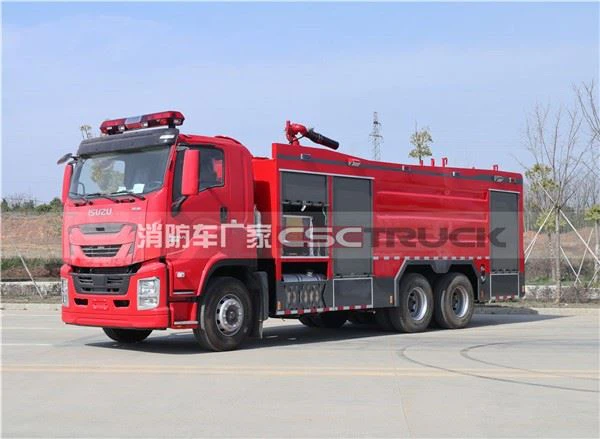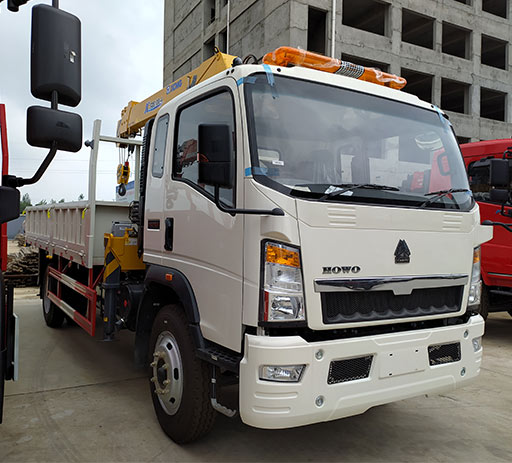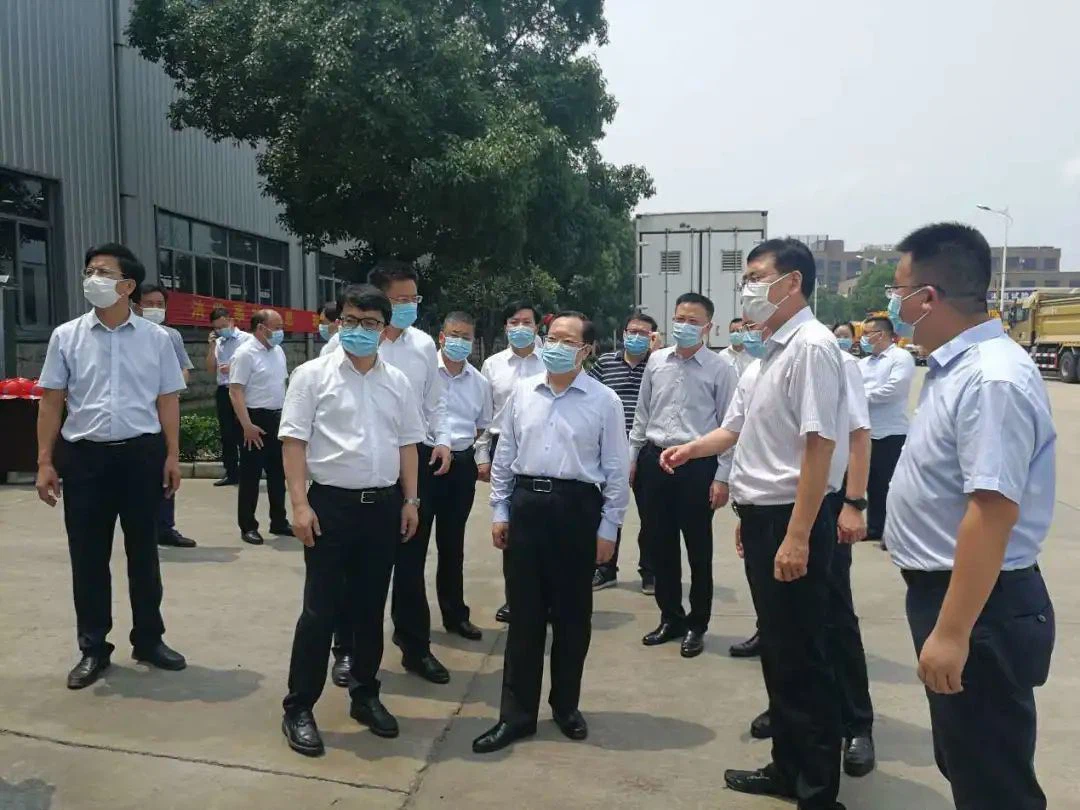Ultimate RV Checklist for Departure: Your Guide to Stress-Free Travels

Introduction
Preparing for an RV trip can be both exciting and overwhelming, especially when it comes to ensuring that you have everything you need for a successful departure. Having a solid RV checklist for departure can save you time, reduce stress, and enhance your overall travel experience. This comprehensive article will cover everything you need to know about creating a thorough RV checklist, ensuring your vehicle is ready for the open road, and providing tips for a smooth journey. Whether you are a seasoned RVer or a first-timer, this guide will help you feel confident and prepared as you hit the road.
The Importance of an RV Departure Checklist
Having a well-structured RV checklist for departure is crucial for several reasons:
- Prevention of Oversights: A checklist helps ensure that you don’t forget any essential items or maintenance tasks before leaving.
- Efficiency: Organizing your tasks can save time and make the packing process more efficient.
- Peace of Mind: Knowing you have completed all necessary preparations allows you to relax and enjoy your trip.

Creating Your RV Departure Checklist
1. Vehicle Inspection
Before you depart, conduct a thorough inspection of your RV to ensure it is in top shape for your journey. Follow this checklist:
- Tires: Check tire pressure and tread depth.
- Fluid Levels: Check oil, coolant, and brake fluid levels.
- Battery: Inspect battery terminals for corrosion and ensure a full charge.
- Lights: Test all exterior lights, including headlights, brake lights, and turn signals.
2. Safety Equipment
Safety is paramount when traveling in an RV. Ensure you have the right equipment on hand:
- Fire Extinguisher: Make sure it’s easily accessible and within date.
- First Aid Kit: Stocked with necessary medical supplies.
- Roadside Emergency Kit: Include jumper cables, flares, and reflective triangles.
3. Essential Gear and Supplies
Gather all essential gear and supplies to ensure a comfortable trip:
- Clothing: Pack appropriate clothing, including layers, and consider the weather at your destination.
- Kitchen Supplies: Bring utensils, cookware, and food items.
- Camping Gear: Include chairs, tables, and other outdoor essentials.
4. Documentation and Important Information
Keep all necessary documentation organized and accessible:
- Registration: Ensure your RV is registered and that you have the paperwork handy.
- Insurance: Verify that your insurance is current and that you have a copy of the policy.
- Maps/Navigation: Prepare a GPS device or physical maps of your travel route.
5. Planning Your Route
Careful route planning can significantly impact your travel experience:
- Choose Your Stops: Plan rest stops and overnight stays in advance.
- Avoid Low Clearance: Check for low bridges and road restrictions for RVs along your route.
- Gas Stations: Identify RV-friendly gas stations to avoid running low on fuel.
6. Setting Up Your Entertainment
Long drives can be monotonous, so keep everyone entertained:
- Download Movies/Shows: Load entertainment onto devices before departure.
- Prepare Games: Bring board games or card games for family fun.
- Music Playlist: Create a playlist for a more enjoyable drive.
7. Managing Waste and Water
Effective management of water and waste is essential for RV travel:
- Freshwater Tank: Fill your freshwater tank before leaving.
- Waste Tank: Empty your waste tank as needed before the trip.
- Water Filters: Ensure your water filters are clean and functional.
8. Final Safety Checks
Before leaving, conduct a final safety check:
- Secure Loose Items: Ensure that all items inside and outside the RV are secured.
- Close Windows and Vents: Make sure everything is closed to prevent weather damage.
- Check the Brake System: Ensure that the brake system is working properly.
9. Leaving Home: Tips for Departure Day
On the day you leave, keep these tips in mind to ensure a smooth departure:
- Set a Departure Time: Aim to leave at a specific time to avoid rush.
- Perform a Check-In: Inform trusted friends or family about your travel plans.
- Double-Check Your Checklist: Go through your departure checklist one last time.

10. Dealing with Unexpected Challenges
Even with a thorough checklist, challenges may arise. Be prepared by:
- Staying Calm: Keep a level head when facing unexpected issues.
- Having Backup Plans: Prepare alternative routes or accommodations if needed.
- Locating Help: Have contact information for roadside assistance handy.
Frequently Asked Questions (FAQ)
1. How often should I update my RV checklist?
Regularly update your RV checklist to reflect any changes in supplies, gear, or travel plans. It’s a good idea to review it before each trip.
2. What items are often forgotten in RV packing?
Commonly forgotten items include chargers, spices, personal toiletries, and important documents. Use a detailed checklist to minimize forgetfulness.
3. How can I remember to check my RV’s tire pressure?
Set reminders on your phone, or create a checklist specifically for tire maintenance, including checking pressure and tread depth.
4. What should I do if I encounter a mechanical issue during travel?
If you face a mechanical issue, park safely, turn on hazard lights, and assess the situation. Contact roadside assistance for help if necessary.
5. Is it necessary to keep emergency supplies in the RV?
Yes! Keeping an emergency kit with medical supplies, flares, and tools is essential for handling unforeseen situations on the road.

6. Can I use a digital checklist instead of a paper one?
Absolutely! Digital checklists can be more convenient and easily accessible through your smartphone or tablet.
